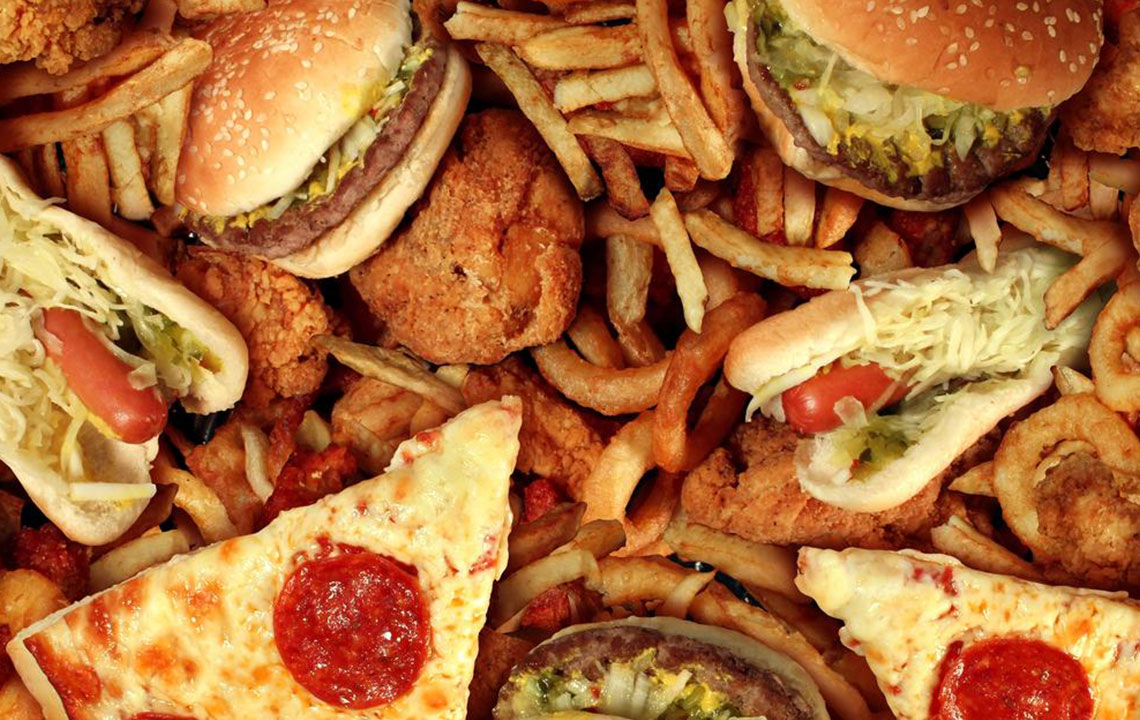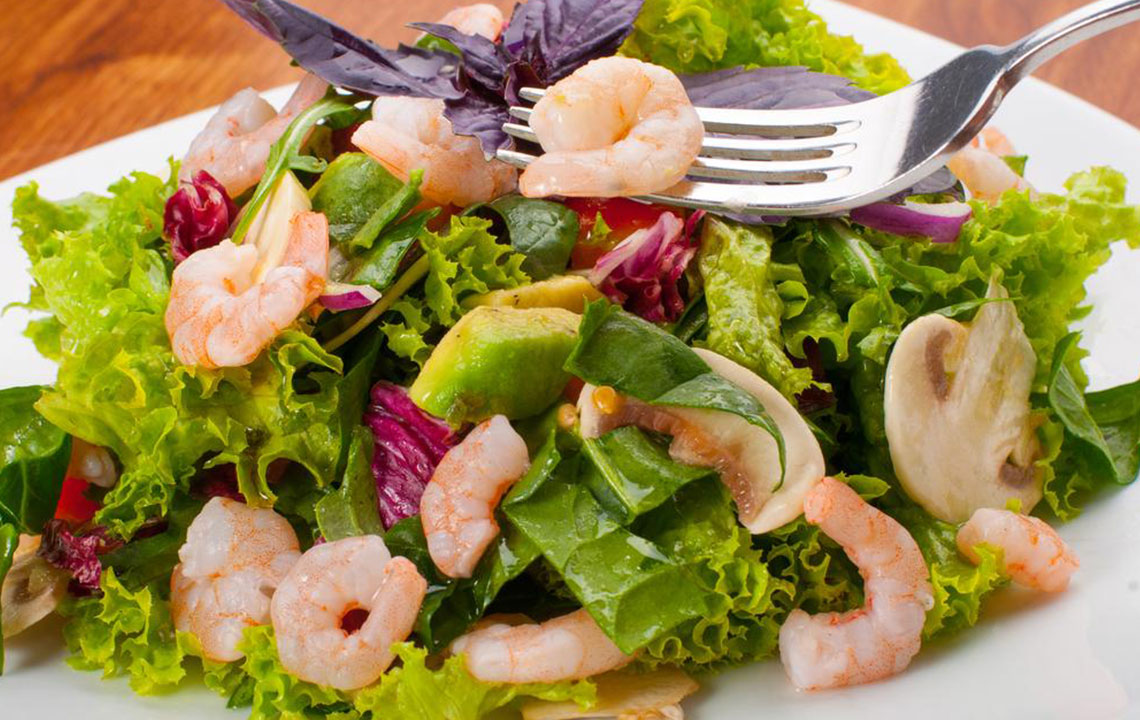Managing Acid Reflux: Food Tips and Treatment Strategies
This comprehensive guide provides insights into managing acid reflux through dietary choices and lifestyle changes. It highlights foods that alleviate symptoms, behaviors to avoid, and effective medical treatments for GERD. Implementing these tips can greatly reduce discomfort and prevent complications associated with persistent heartburn. The article emphasizes the importance of diet, posture, and lifestyle in controlling acid reflux and maintaining digestive health.

Managing Acid Reflux: Food Tips and Treatment Strategies
Guide to Prevent and Alleviate Acid Reflux
Acid reflux, characterized by a burning sensation in the chest, occurs when stomach acids flow back into the esophagus. When this happens more than twice weekly, it can develop into gastroesophageal reflux disease (GERD). This condition often leads to digestive discomfort and other related health issues. Proper management involves dietary modifications and lifestyle changes to reduce symptoms and prevent complications such as chronic heartburn.
While the stomach lining is protected from acids by specialized tissue, the esophagus lacks such defense, making it vulnerable. Several treatments can help ease this condition, including the use of specific foods known to mitigate symptoms. Today, a variety of anti-heartburn products are accessible, yet avoiding trigger foods remains essential. Below are key insights into acid reflux, its symptoms, and diet recommendations for relief.
Foods That Help Relieve Acid Reflux
To alleviate acid reflux, incorporating certain foods into your diet can be highly effective. These items help soothe the esophagus and reduce burning sensations:
Oatmeal – A nutritious breakfast option that can prevent acid reflux.
Ginger – A natural digestive aid consumed in moderation to ease symptoms.
Aloe Vera – Known for its healing properties, it can be drank as juice for relief.
Celery – Rich in water and beneficial for digestion.
Salads – Light meals that often help reduce reflux episodes.
Bananas – Slightly acidic, they help neutralize stomach acid.
Melons – Mild and hydrating, suitable for reflux sufferers.
Fish – Preferably grilled, baked, or steamed, avoiding fried preparations.
Fennel – Supports stomach function with a near-neutral pH.
Chicken and Turkey – Cooked in healthy ways to prevent aggravation of reflux symptoms.
Foods and Habits to Avoid
Maintaining a light diet with small, frequent meals greatly helps control reflux. Refrain from:
Caffeine
Lying down immediately after eating
Alcohol
High-salt foods
Chocolate
Low-fiber diets
Large meals
Carbonated beverages
Citrus fruits and tomatoes
Mint
Garlic and onions
High-fat foods
Medical Treatments for Heartburn
Typical options include:
H2 receptor blockers such as ranitidine and famotidine
Antacids like calcium carbonate
Proton pump inhibitors including omeprazole, esomeprazole, and rabeprazole
Alginate-based medications such as Gaviscon
Lifestyle Modifications to Reduce Symptoms
Implementing these habits can significantly lessen reflux:
Wearing loose clothing
Monitoring and maintaining a healthy weight
Sitting and standing erect after meals
Engaging in regular physical activity
Quitting smoking
Avoiding tight-fitting clothes around the abdomen
Recognizing GERD Symptoms
When heartburn occurs more than twice weekly, it may indicate GERD. Key symptoms encompass:
Persistent dry cough
Nausea
Wheezing or shortness of breath
Tooth enamel erosion
Vomiting
Susceptibility to pneumonia and asthma
Voice box inflammation or laryngitis
Throat soreness and hoarseness
Difficulty swallowing and chest pain
Upper abdominal discomfort
Bad breath
Note: Our blog offers valuable insights based on research, but should not replace professional medical advice. Always consult healthcare providers for diagnosis and treatment options. The site may not include all available schemes or offers specific to your needs.










